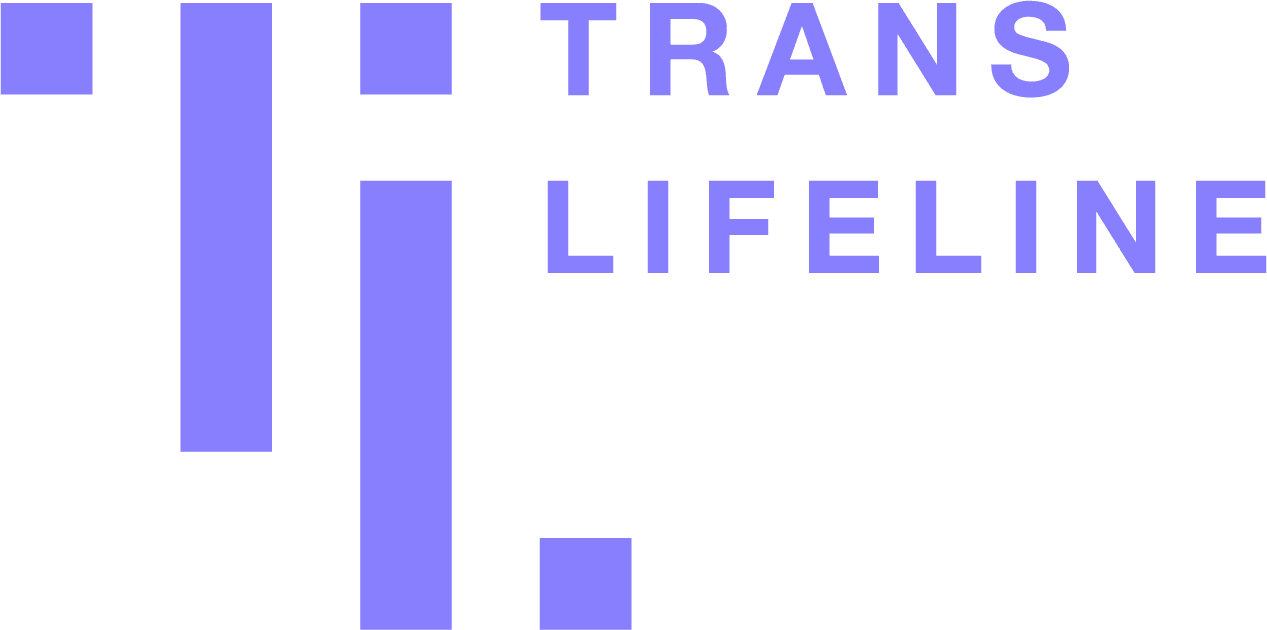 Safety
Safety
Callers have the right to…
- Trust that the help we seek will be supportive, not harmful
- Receive crisis support free of judgment, irrespective of substance use, participation in sex trade, mental health condition, disability, gender identity, sexual orientation, race, age, citizenship, housing status, religion, nationality, or caste
- Reach out for support in a crisis without being criminalized, detained, or deported
- Have all trauma responses, including suicidality, understood as normal responses to current or past traumatic experiences, and be able to speak about suicidality without fear of more trauma
- Get crisis support without police violence, harassment, or threats
- Share our identities and experiences without being outed to unsupportive caregivers, workplaces, or abusers
- Be made aware of short- and long-term options for support that we can accept or refuse
 Transparency
Transparency
Callers have the right to…
- Know what services we’re receiving when we call
- Clear and upfront information about which situations hotlines use police and emergency services – to be included on websites, apps, chatbots, and greeting/hold recordings, including geotracking
- Understand if and when our calls are being recorded, how they’ll be used, and who they’ll be shared with
- Be informed by operators at the beginning of calls about which situations or circumstances hotline policies dictate the use of law enforcement or emergency responders
- Be informed if police or emergency services are being dispatched to our location
 Agency
Agency
Callers have the right to…
- Determine which supports and care we utilize and which we refuse, as the experts in our own lives.
- Access support and services without police or other emergency responders entering our homes, work, school, or any other location without our knowledge and consent. We did not call 911.
- Make decisions about what’s best for our financial and mental wellbeing, including not being charged ambulance or hospital bills for services we did not seek or consent to, or losing work, housing, etc.
- Protect ourselves from further trauma, harm, and instability.


